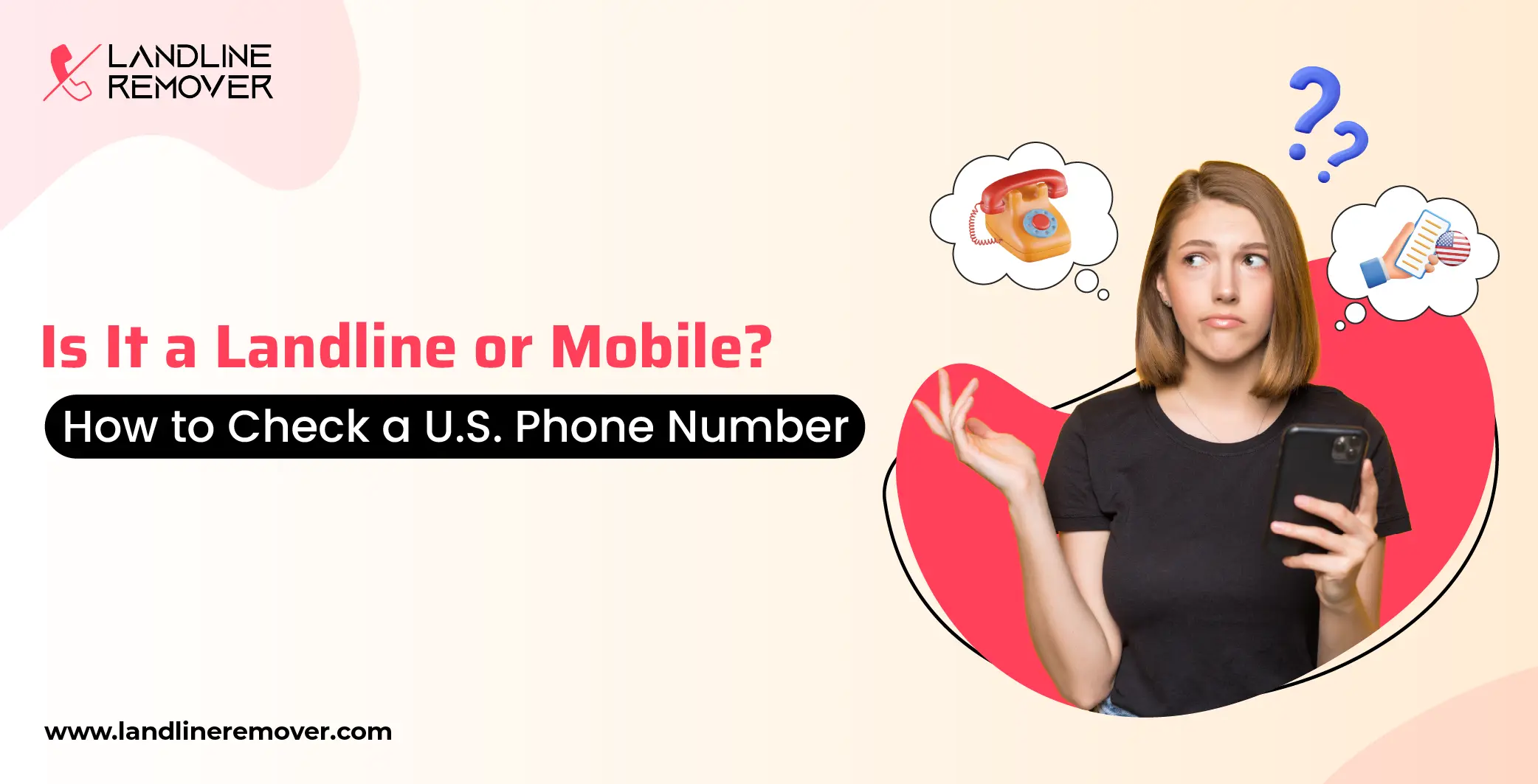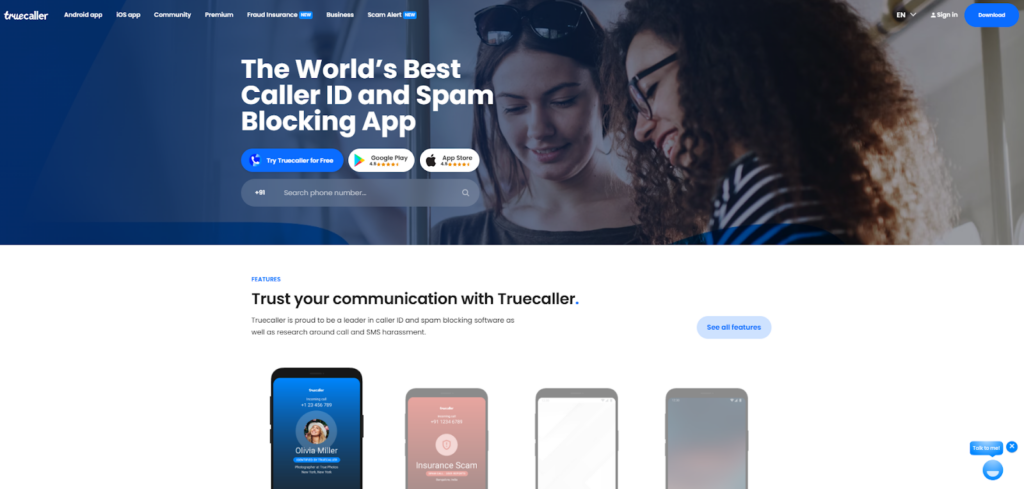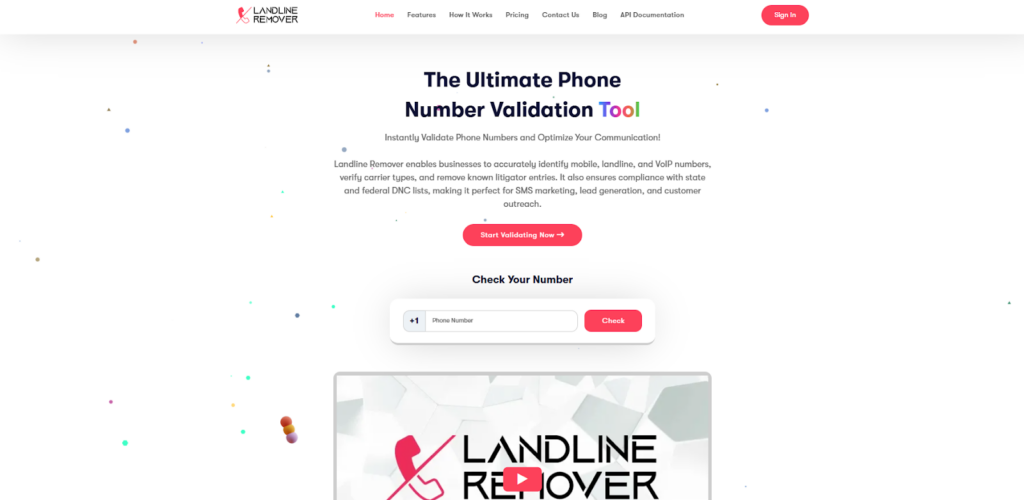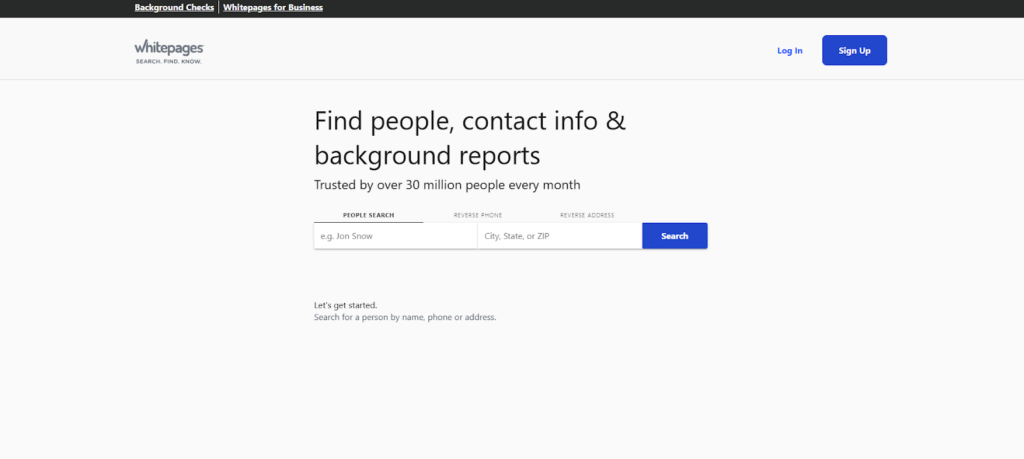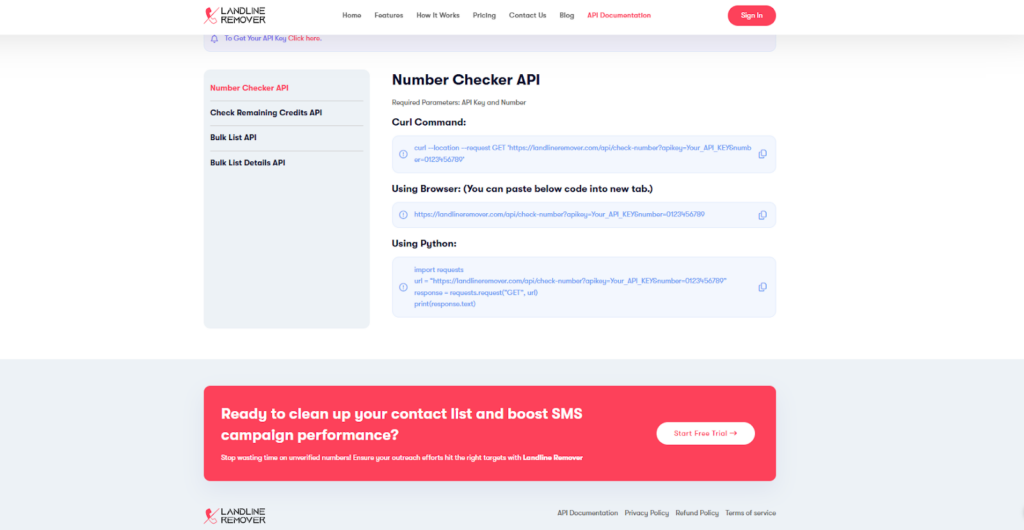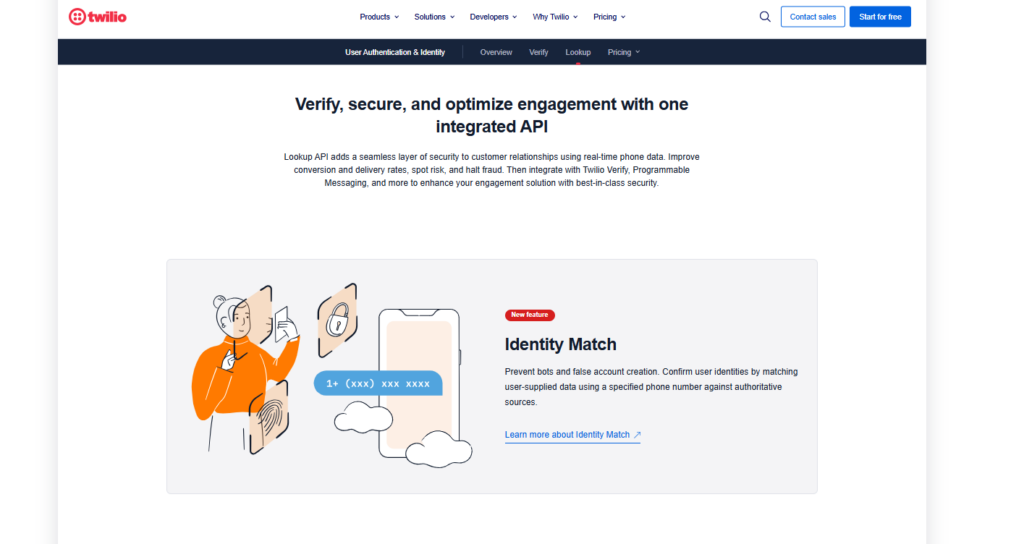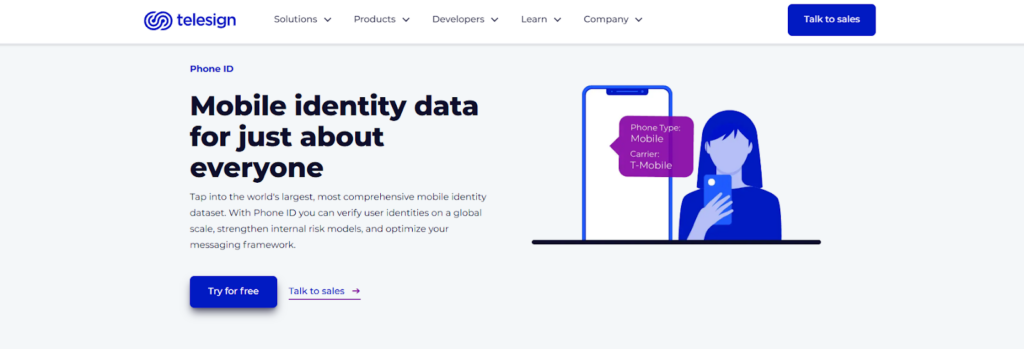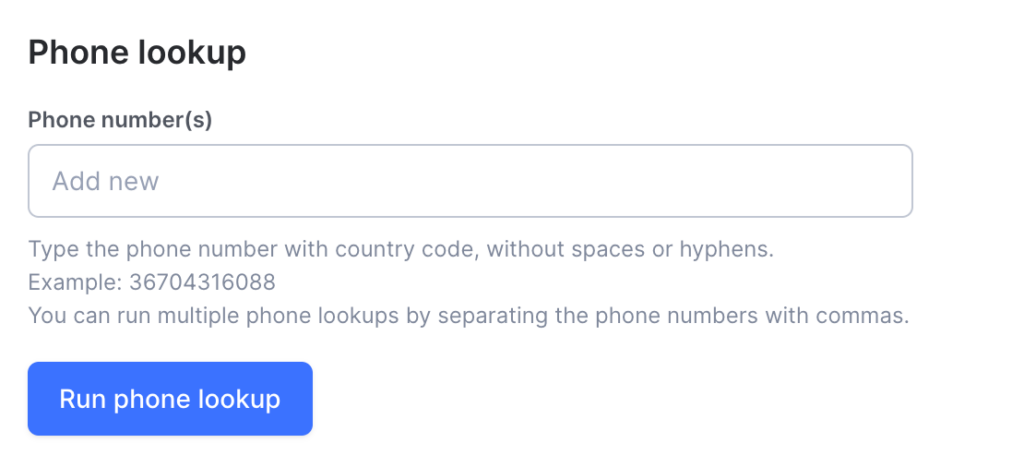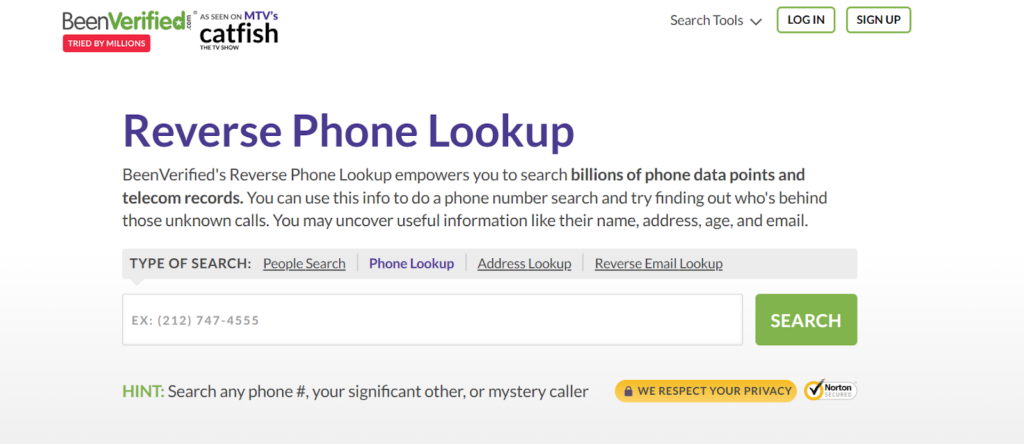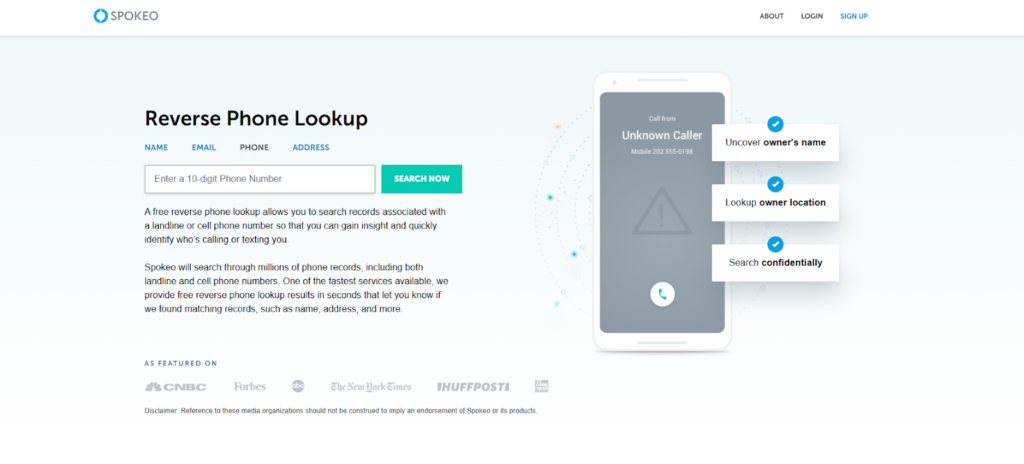How to Choose the Right Phone Number Validation Tool
Breakdown of key factors to consider when choosing the right phone number validation tool:
1. Accuracy
Accuracy is crucial for reducing errors in your customer data, improving your contact lists, and optimizing marketing campaigns. The tool should correctly identify whether a phone number is valid, mobile, landline, or VOIP, and match it to the right carrier and location.
What to Look For:
- Real-time validation and up-to-date carrier data.
- Ability to handle number format variations.
- Ensures high-quality results with minimal false positives/negatives.
You need to check:
- How often does the tool correctly identify valid and invalid phone numbers?
- How often does it incorrectly flag valid numbers as invalid or vice versa?
Tip: Ensure the tool uses reputable databases for validation and has high success rates in identifying the correct number type and status.
2. Coverage
Global coverage ensures you can validate numbers from a wide range of countries. If you operate internationally, it’s important that the tool supports phone number formats, dialing codes, and regional differences.
What to Look For:
- International coverage for all major and emerging markets.
- Support for multiple country formats and dialing codes.
You Need to check:
Does it support phone numbers from various countries and regions?
Does it cater to your target markets’ unique phone number formats and regulations?
3. Features
The more robust the features, the better the phone number validation tool will meet your business needs. Some businesses require more than just validating the number’s validity — they might need additional features like carrier lookup, spam detection, or even number formatting.
What to Look For:
- Carrier Lookup: Identifies the carrier, region, and type of number.
- Spam Detection: Flags numbers marked as spam or fraudulent.
- Line Type Detection: Identifies whether the number is a mobile, landline, or VOIP.
- Real-time Validation: Checks phone numbers instantly for immediate feedback.
- Bulk Validation: Supports processing of multiple numbers simultaneously.
You Need to Check:
- Does it provide additional information like carrier, line type, location, and time zone?
- Can it validate numbers as they are entered, improving user experience?
- Can it handle large volumes of numbers efficiently?
- Does it offer easy integration with your existing systems and applications?
Tip: Determine which features are critical for your business and ensure the tool can meet those needs without unnecessary extras.
4. Pricing
Pricing is important to ensure the tool fits within your budget, whether you need it for occasional use or large-scale validation.
What to Look For:
- Flexible Pricing Models: Options for pay-per-use, subscription-based, or bulk pricing.
- Free Trials: A free trial or demo period that allows you to test the tool before committing.
- Transparent Pricing: Clear breakdown of costs for different usage levels.
You Need to Check:
- How much does it charge for each number validated?
- Does it offer different pricing plans based on usage volume?
- Are there any additional fees for features like data enrichment or support?
Tip: Calculate your expected usage and choose a tool with a pricing structure that scales with your needs. A pay-as-you-go model may be ideal for low-volume validation, while subscription pricing may be better for high-volume users.
5. Data Security and Privacy
Phone number validation tools handle sensitive customer data. Ensuring that the tool complies with privacy regulations and securely processes data is vital to protect your customers and your business.
What to Look For:
- GDPR and Compliance: The tool should adhere to data protection laws, like GDPR or CCPA, for businesses operating in the EU or California.
- Data Encryption: The tool should encrypt sensitive information both in transit and at rest.
- Privacy Policies: Review the tool’s privacy policy to ensure your data is handled securely.
You Need to Check:
- Does it comply with relevant data privacy regulations like GDPR and CCPA?
- How does it handle and store your phone number data?
Compliance: Does it comply with relevant data privacy regulations like GDPR and CCPA?
Data Handling: How does it handle and store your phone number data?
Tip: Choose a tool with strong encryption protocols and clear data protection practices, especially if you’re handling large amounts of personal or sensitive data.
6. Customer Support
Good customer support can save you time and frustration, especially when facing issues during integration or usage. Prompt and knowledgeable support ensures your business can continue running smoothly.
What to Look For:
- 24/7 Support: A tool that offers support whenever you need it.
- Multiple Contact Channels: Availability via chat, email, phone, or a helpdesk.
- Knowledge Base: Access to guides, documentation, and FAQs for self-service troubleshooting.
You Need to Check:
- Is customer support readily available when you need it?
- How quickly do they respond to your inquiries and resolve issues?
- Do they offer comprehensive documentation and resources?
Tip: Check reviews and testimonials to assess the quality of customer support. Opt for a tool with excellent support options if you expect to need assistance often.
7. Ease of Use
The easier the tool is to use, the less training and time your team will need to get up and running. A user-friendly interface can improve efficiency and reduce errors in the validation process.
What to Look For:
- Intuitive Interface: Clear navigation and simple controls for ease of use.
- Easy Integration: Simple setup with your existing systems, such as CRM or marketing tools.
- API Documentation: Comprehensive and easy-to-understand API documentation for developers.
You Need to Check:
- Is the tool easy to navigate and use?
- How easy is it to set up and integrate with your systems?
Tip: Opt for a tool with a clean, intuitive interface, especially if you or your team lack technical experience. A tool with straightforward integration will save you time in the long run.

